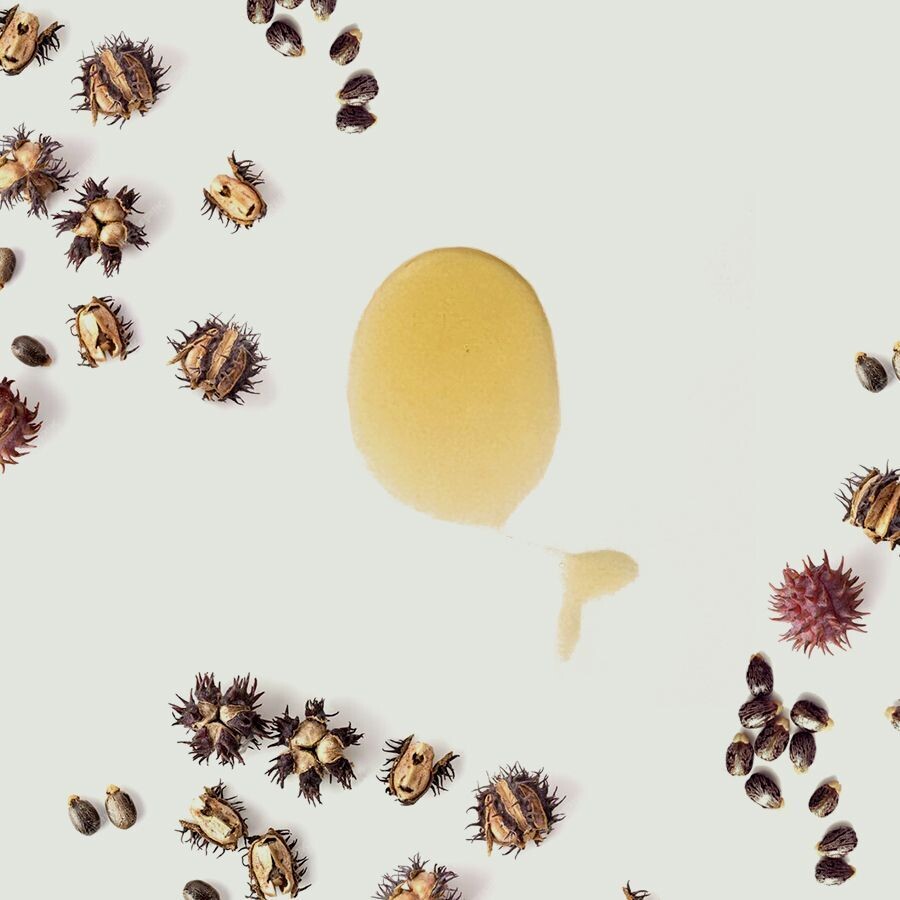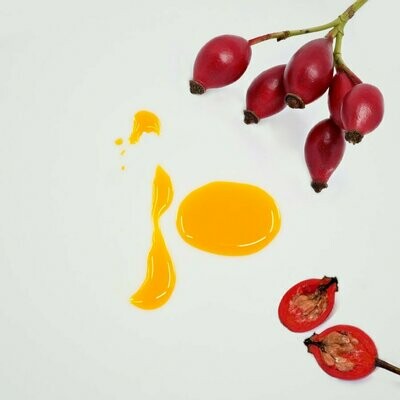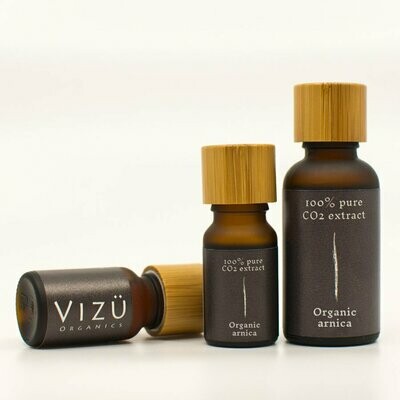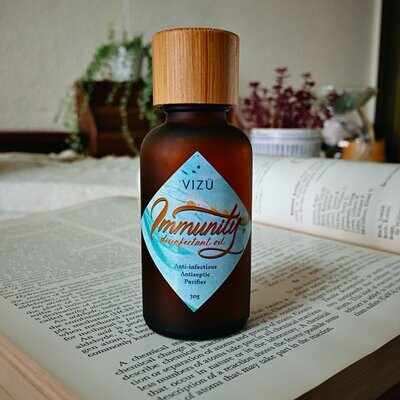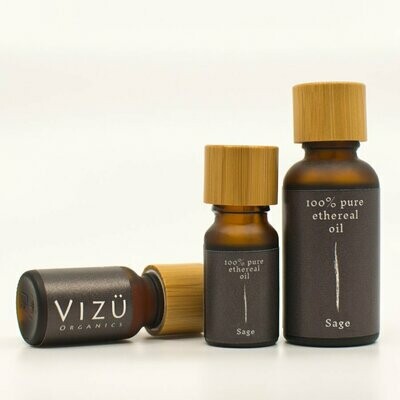Organic castor seed oil, coldpressed virgin
Ingredient: Ricinus communis seed oil
Benefits and uses:
- Recommended to blend with other beneficial oils for specific purposes/functions.
- Excellent carrier oil for essential oils as it has deep penetrative properties.
- Helps with dandruff and scalp care.
- Can be used as a base in soap making and in massage oils.
- Main oil to use in castor packs.
Castor oil is also called "Palma Christi", or "hand of Christ", a reference to its healing abilities which have been used for over 4000 years. The ancient Egyptian Ebers Papyrus contains many information regarding the uses and benefits of this oil.
Castor oil is well known for it high ricinoleic acid content, which is responsible for many of its therapeutic properties.
In traditional herbalism around the world, castor oil is best known for 2 primary applications - as a potent laxative and as a "castor pack". Castor oil has a special ability to penetrate skin; carrying nutrients into the body via external application. It is able to stimulate and diffuse into the body and organs. Castor oil packs are a common method of alternative treatment for constipation, liver congestion and inflammation. They also help increase immune function. The blood and lymph are activated and movement of the fluids within the body releases toxic elements stored in the liver and other tissues. By stimulating the immune system, the body normalises and ideally returns to a healthy state.
Skincare wise, castor help is helpful in minimising scarring during wound healing.
Did you know?
Herbal Folk Tradition
Castor bean plants are native to India. It is one of the oldest cultivated crops as archeologists have found castor bean seeds in Egyptian tombs dating back to 4000BC. The Egyptians added castor oil to beer and drank it as a purgative for cleansing their system. The oil was also used as a cosmetic for the skin and hair, to heal wounds, and induce labor.
The oil was reportedly used to treat eye irritations, and the ancient Greeks used it in ointments. The persians used castor oil to treat epilepsy.
Castor oil has been used as a laxative in India since 2000BC and TCM physicians use castor oil to stimulate childbirth and the expulsion of the placenta.
Other traditional uses include applying to the breasts of nursing mothers to increase milk, relieve inflammation, and soften the mammary glands. It has also been used externally for abscesses, itching, dandruff, and hemorrhoids. Folk medicine in the 1700s used castor for intestinal parasites, fever, swellings, aching muscles and joints, as a laxative, and for skin conditions.

